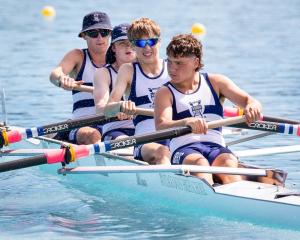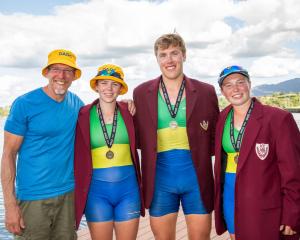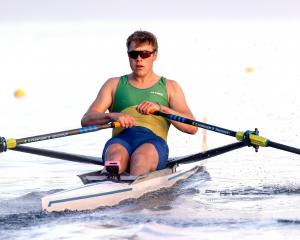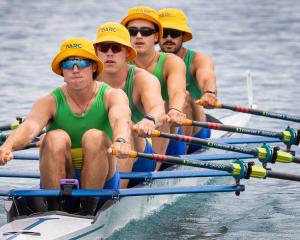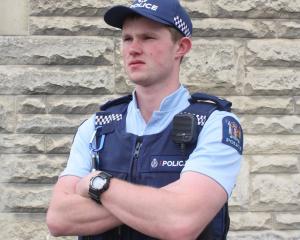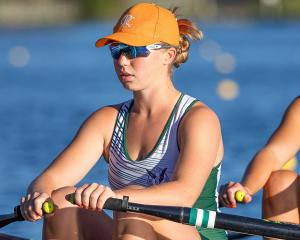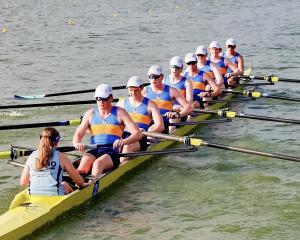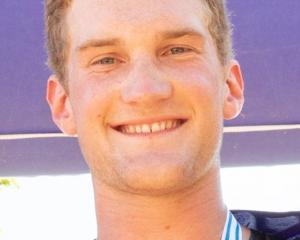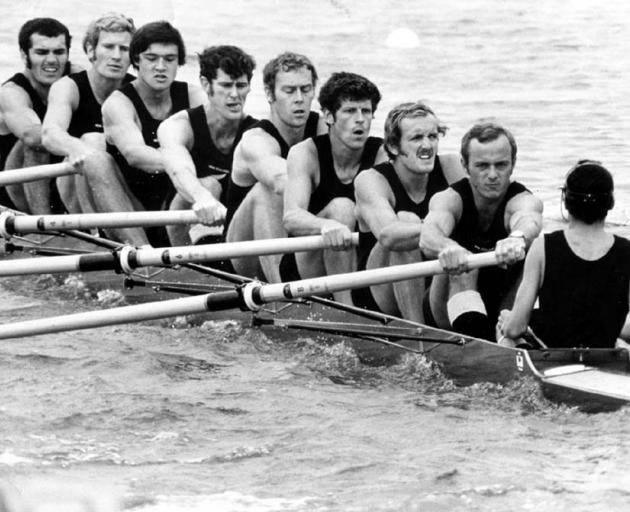
Heroes and villains.
A classic sports narrative — but, in this case, it was devastatingly sad that the villains had to exist at all.
Gary Robertson, Trevor Coker, Athol Earl, Lindsay Wilson, John Hunter, Dick Joyce, Wybo Veldman, Tony Hurt and Simon Dickie were the heroes, black-clad New Zealanders in a wooden skiff who became the first men from their country to win the glamour rowing eight at the Olympic Games.
The villains had names like "Issa", "Paolo" and "Abu Halla", Palestinian members of the Black September terrorist organisation who caused international outrage when they invaded the Olympic village and took 11 Israeli athletes, coaches and officials hostage.
All the hostages and five of the terrorists were killed when West German authorities made a botched rescue attempt.
The Munich Massacre on September 5-6 became a permanent stain on the 1972 Olympics — which, staggeringly in hindsight, took a brief pause but then proceeded.
A memorial service attended by 80,000 spectators and 3000 athletes was held in the Olympic Stadium on September 6.
International Olympic Committee president Avery Brundage — the 85-year-old American, who dealt with accusations of being an anti-Semite and a Hitler apologist — pointedly barely mentioned the murdered athletes but droned on about the Olympic movement and the need to keep politics out of sport.
It is difficult to put aside the horrific events that unfolded in the village.
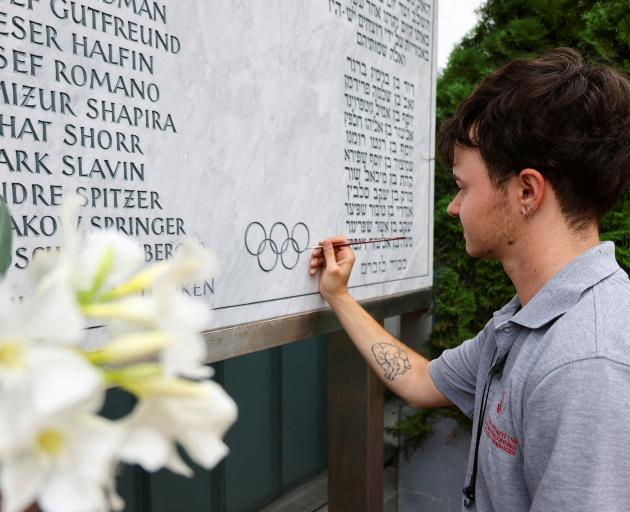
And, for those of us in this part of the country, a reminder the heroic rowing eight had a healthy southern influence.
Oamaru coaching god Rusty Robertson was the man in charge, nephew Gary Robertson was in the No1 seat, and Dunedin guru Fred Strachan was a massive figure in the shore crew as strategist/manager.
Rusty had been appointed national coach in 1967 and had instigated a switch of training venues from Auckland to Christchurch. Whenever the crew had a training day, the coach would undertake the 500km round trip from Oamaru.
The eight had finished only fourth at the 1968 Olympics, but victory at the 1971 European regatta meant the Kiwis headed to Munich as favourites, even if they were up against countries with vastly greater resources.
Remember the New Zealanders had amateur status in rowing at that time, and the bigger nations had well-trained professionals.
There is a story that perfectly illustrates the "good keen Kiwi bloke" feeling around the squad. It was said the crew was under strict rationing of one can of beer a day, and they would wait till other crews were around before drinking it, as if to make out they were not taking things particularly seriously.
But they were very serious, and determined to beat the powerful Americans — who had won eights gold at 11 out of 15 Olympics — and the focused (possibly medicated) East Germans.
A false start was followed by a comfortable victory in the heat, but the New Zealanders had to settle for second behind the West Germans in a semifinal delayed and affected by strong winds.
Then the mind games really cranked up. Rusty announced his crew would be doing some extra sprint training on the Olympic course, and every man and his stopwatch turned up to see how they were looking.
"We’re bloody good and they had better know we are bloody good, because it’s too late for them to do anything about it," the coaching great said.
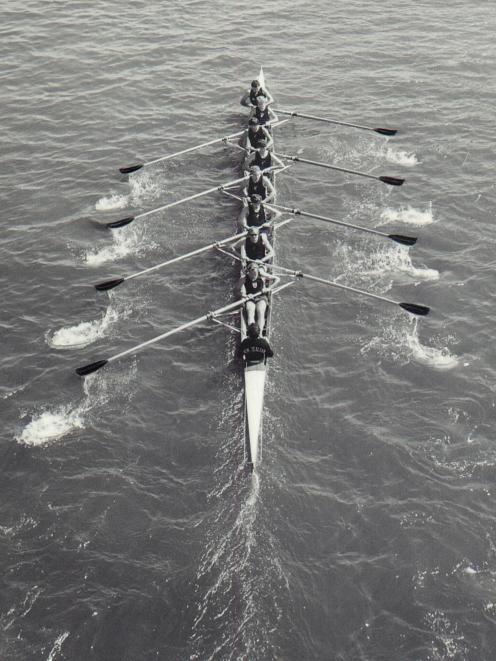
The New Zealanders did not muck around, surging into a lead of a clear length after a few hundred metres. Then they sprinted from the 850m mark until about 1250m. Then, roared home by cox Dickie, they sailed home to win gold, nearly 3sec ahead of the United States crew.
In their book, The Games, journalists Ron Palenski and Terry Maddaford painted the scene.
"New Zealanders in the stands and on the other side of the course went crazy — one group danced a demented jig which they later tried to dignify as a haka; one jumped into the water and swam out to the recovering eight and delivered his own salute; New Zealander turned to New Zealander and hugged each other ... it was a crazy, mad, joyous, exciting, wonderful time to be a New Zealander."
Rusty stayed off to the side, the master coach letting his boys have the spotlight. But as a member of the crew later said: "Other teams have the funds, but they do not have a Rusty."
Funnily enough, Olympic boss Brundage insisted he personally present the gold medals.
And, when the last man in black had his medal draped around his neck, there came another big moment in New Zealand sport. For the first time, God Defend New Zealand — not that other anthem paying allegiance to a monarch in another country — rang out at the Olympics.
Days later, rowing seemed as inconsequential as the other sports in Munich.
"The savage twist of emotions could not have been greater," Palenski and Maddaford wrote.
"New Zealanders, all of Munich, most of the world, plunged from one emotional extreme to the other. From joy and pride to horror and revulsion and a deep, clinging sadness."
The mighty 1972 New Zealand rowing eight never rowed competitively together again.
They were named the country’s "sportsman of the year" in 1971 and 1972, and inducted into the New Zealand Sports Hall of Fame in 1990.
And, 49 years after the men in black singlets rowed into immortality, New Zealand won the men’s eight at the Tokyo Olympics.


